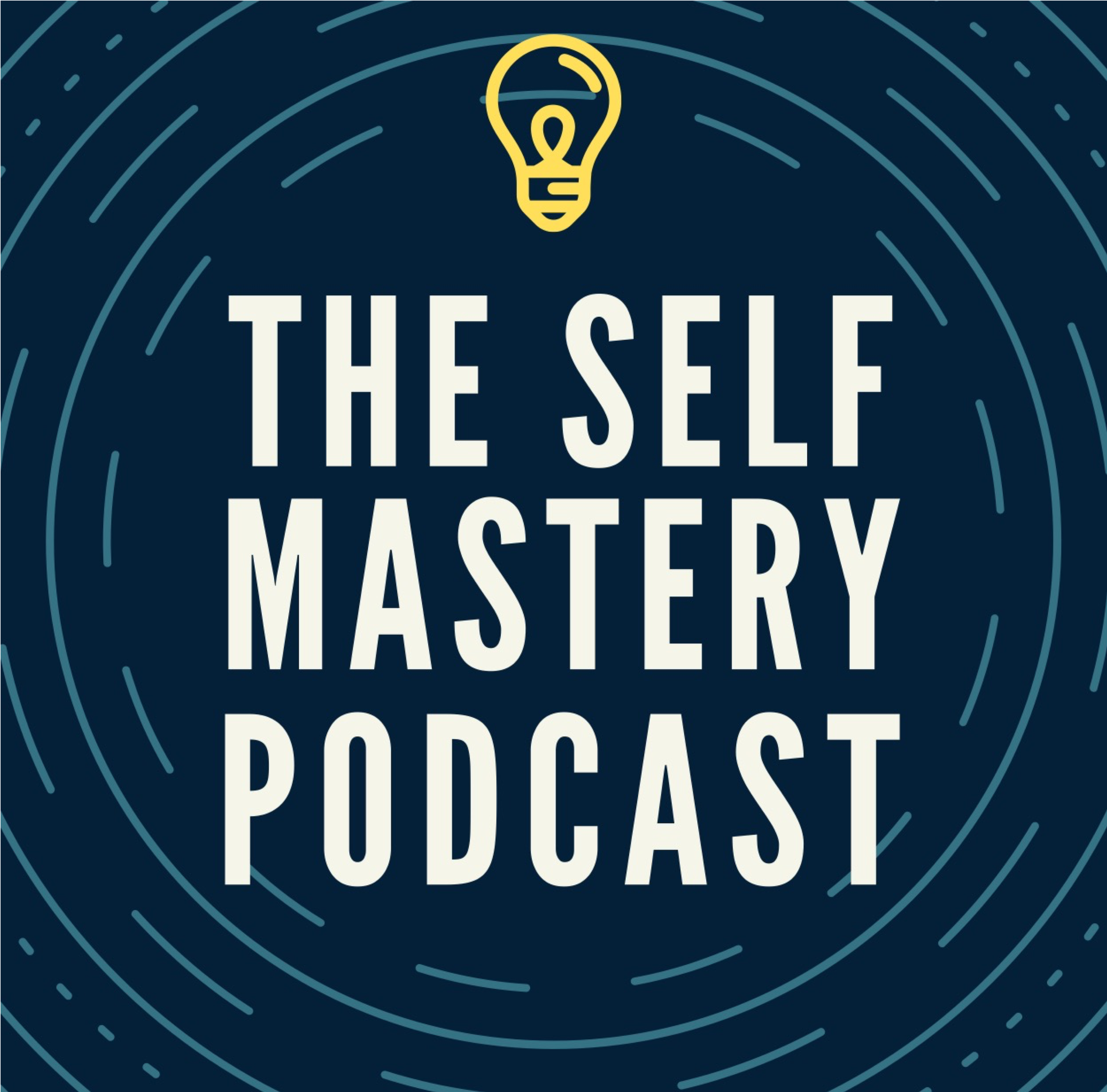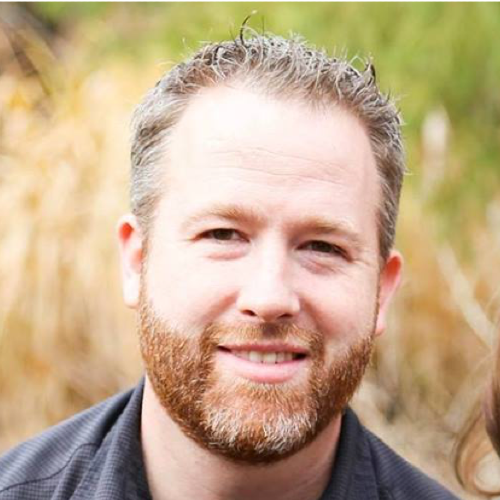Three Minute Drill
Let’s talk about what coaching is.
The kind of coaching that I do is called causal coaching. This work seeks to find the underlying issue that is creating the results in your life.
This means that when someone comes to me and says, “I’m looking to eliminate a pornography habit from my life.” I seek to understand what is creating that habit.
Many times that habit is a result of a lack of emotional skills. In my own life, I had a lack of understanding about what was driving my behavior and a lack of understanding on how to deal with what was driving my behavior.
So the two skills I needed and everyone needs to begin cultivating to be successful in this work are
1. Awareness of the emotions that are created in their life by the thoughts they believe
2. Practice dealing with those emotions without trying to avoid them, suppress them, or discount or negate them.
For instance, when darcy would go on trips with the kids to see her family and I was left alone to work, I had to learn to recognize that I was feeling lonely and learn to understand the thoughts surrounding that feeling. Then I had to learn how to process that loneliness. How to accept it, feel it, and not avoid it.
Sometimes, clients want to get a new emotion by just switching their thoughts or trying to skip past feeling the emotion. That’s a mistake. In this situation, I want to feel lonely because it serves me to recognize that when my family is gone, I miss them.
In gaining an awareness of the emotion of loneliness through practiced Noticing, I was able to see it coming, see when I was most likely to turn to pornography. This helped me be able to make conscious choices, rather than following the easy path toward just seeking to feel good that my brain had often offered me.
In addition to that, feeling loneliness fully allowed me to get good at feeling all of my emotions. So, when Darcy or the kids were on the phone, I could feel happy to talk to them more fully.
When my clients work with me, they are responsible for taking practicing these new skills as often as possible. I call it off game work. Just like in sports, where we practice outside of the game to help us prepare to play our best in game time situations, this off game work is done by repeatedly engaging with the skill in non game time situations.
For anyone trying to kick a habit, like pornography, overeating, or excessive phone use, practicing noticing your emotions on something that occurs regularly but isn’t the habit you are trying to eliminate gives perspective on what is happening in your brain. It empowers you to use those skills when powerful urges that you would normally give into come knocking.
So, how do you take advantage of this newfound off game practice?
Start by writing down what you are going to do and attach that practice session to a current habit.
For instance, every time you brush your teeth, you can take 1 minute immediately afterward to practice being aware of how you are feeling and what your thoughts are that are creating that feeling.
I like doing this in the mornings because, for many of us, this is a good time to reflect on what is happening that day, which can be a source of stress for the work we have to accomplish that day.
Once you’ve done that, take 1 more minute to write down what thoughts are creating the feelings and what feelings you have.
This is a small practice, but it will help you to become more aware of what is happening for you.
Once you have written down your thoughts and feelings, take just one more minute, so we have a total of three minutes here, and practice feeling one of the emotions that you’ve written down.
So, if the emotion is stress, practice feeling stressed. See where it happens in your body and how it feels in your body. As you do this you’ll find that you are much more capable of going through your emotions, feeling them to their fullest, and not running from them.
This simple, three minute practice will pay huge dividends as you work through your pornography habit.




